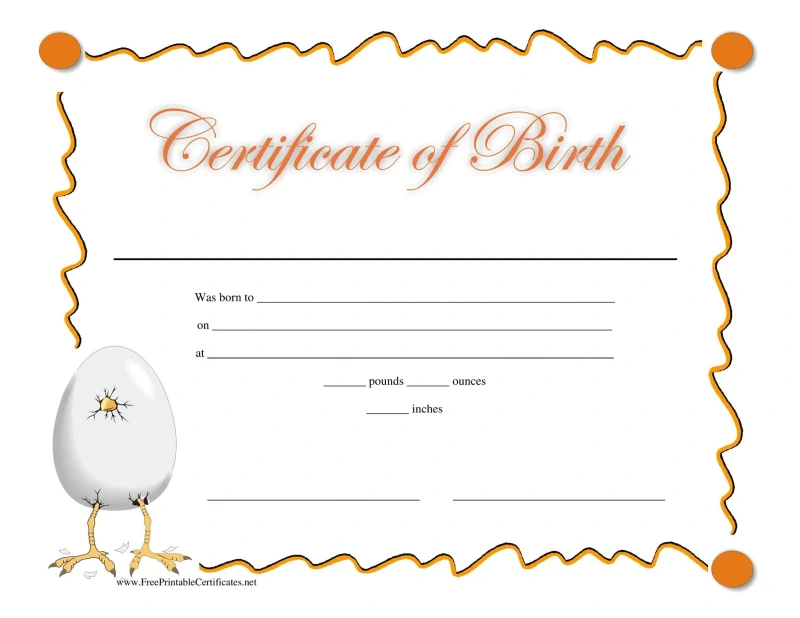
A birth certificate is an official document that records the date, time, and place of a person’s birth, as well as the names of their parents and other relevant information. A birth certificate is essential for many purposes, such as applying for a passport, driver’s license, social security card, school enrollment, and other benefits. Therefore, it is important to have a copy of your birth certificate or to obtain one if you do not have it.
The process and requirements for getting a birth certificate vary depending on where and when you were born, and your relationship to the person whose birth certificate you are requesting. In general, you will need to contact the vital records office of the state or territory where the birth occurred and follow their instructions. You can find the contact information and website of each vital records office here1.
Some of the common documents you will need to get a birth certificate are:
Once you have gathered all the required documents, you can submit your application online, by mail, or in person depending on the options available in your state. The processing time and delivery method may also vary by state and type of service. You can check the status of your application online or by contacting the vital records office.
For over 23 years, by using our expedited service, we've been able to save our customers time by avoiding a trip to a Vital Records office. Additionally, we've aided in preventing untold application rejections.
We are a private company not affiliated with, owned or operated by any government agency. Furthermore, you might say we provide self-help service at your direction. But, if you're looking to get blank forms, you can get them for free at your state health department office. By using our service, however, you get an expert review to avoid any application mistakes, rejections or unnecessary delays in your vital record applications.